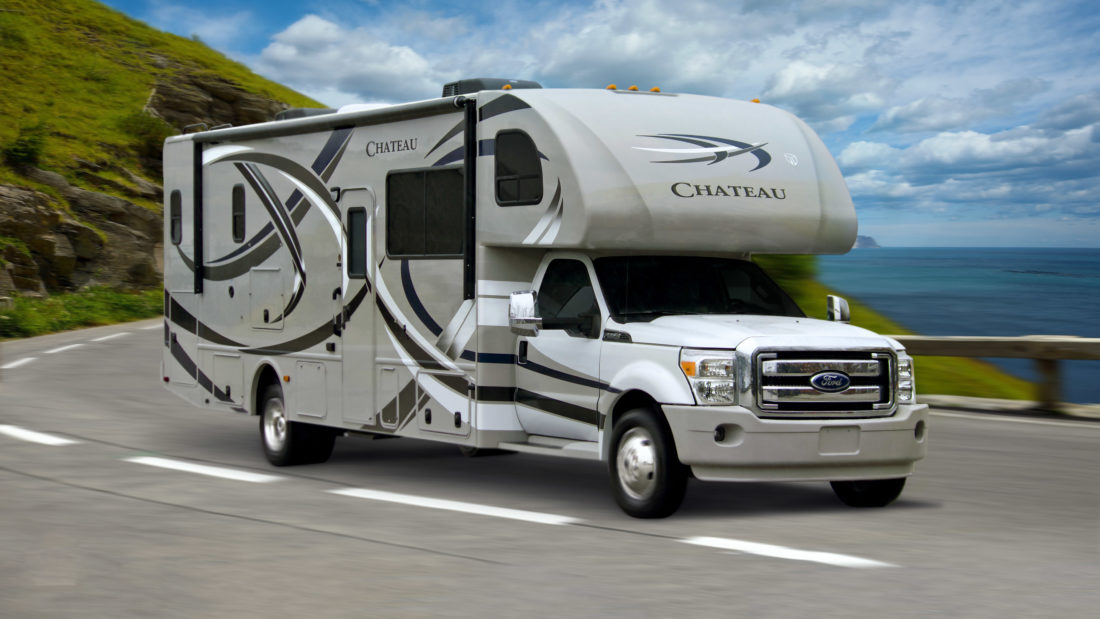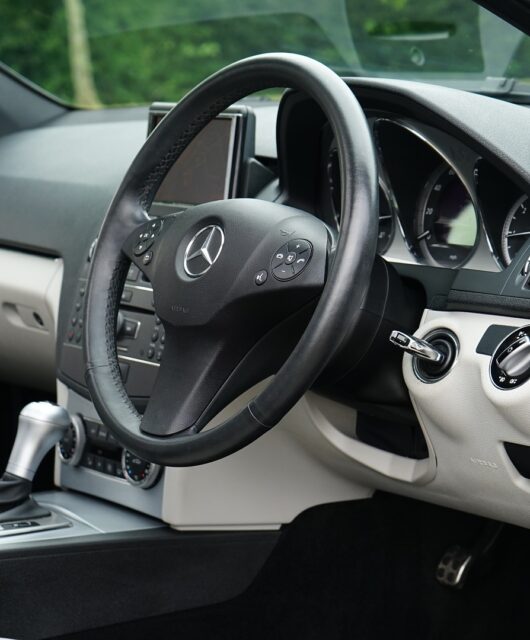4 Things You Need to Know Before Going Full-Time in an RV
If you visit any RV park and spend any time getting to know the people camping there, it’s highly likely you’ll run into at least one person, couple or family who is a full-timer — but not your typical full-timer. Instead, the full-timer who is young and not yet of retirement age.
More and more, younger people who are able to support themselves by working online are cutting ties with their home or apartment, selling or storing what they don’t need and going on the road in an RV. But going full-time in an RV isn’t for everyone. Here’s what you need to know before making the leap.

Table of Contents
1. Take Some Time to Research RV Living
It can really pay off if you take the time to research what RV living is all about before you just jump right in. A good way to do this is to find some people who are already living this lifestyle. Let’s say you already have an RV and you decide to go camping in San Diego. While you are at the campground, try to connect with others. It’s as simple as striking up a conversation with the person in the next campsite to find out what their situation is. You never know, they may be living in their RV full-time.
Another way you can research RV living is to visit sites like Pinterest and YouTube. Tons of information about RV living is available on those sites. On YouTube, you can find video documentation of people like you who are making this lifestyle work. But don’t believe everything you read or hear. Look around and find people who you identify with and who seem like they’re painting a realistic picture — not those who present everything as sunshine and roses.
It’s important to make a plan of sorts, too. Or else you could end up spending a lot more than you’d like. Many people make plans to reach a certain destination and stay there for two weeks to a month. Sometimes, you can save money site fees when you book a site for a longer period of time.
2. Consider What You’ll Do With All of Your Stuff
Wherever you’re currently living — house, apartment, mobile home — you have stuff. And it’s likely that you have lots of stuff. The issue is that you will not be able to take all of your belongings with you in an RV unless you are an extreme minimalist. So, you’ll have to decide what you’re going to do with the items you must leave behind.
The things you’re going to have to leave behind include anything that takes up a lot of space or weighs a lot. Weight is important because RVs have a limit on the amount of weight you can carry in them. Stuff that takes up a lot of room — some of which might also weigh a lot — is your furniture, large pieces of artwork, collections of books or knick-knacks, your entire wardrobe, tools and toolboxes and a full-size vacuum.
If you own a home and you’re not planning to sell it, you can leave the majority of your belongings there. Perhaps you have a family member who would be willing to stay in your home while you are on the road or maybe you can become a host on Airbnb. If you’re planning to rent out your home, you may not want to leave all of your things in the home. Instead, you may want to rent a storage unit and store everything.
Another idea is to sell your things and make a profit. Although it’s possible to really trim the amount you spend each month by transitioning to an RV lifestyle, it never hurts to have money in savings.
3. Research Different Types and Styles of RVs
There are so many choices when it comes to RVing. First off, if you decide you want to pull a travel trailer or fifth-wheel camper, you’re going to have the right kind of vehicle to pull it. If you’re planning on pulling a lightweight pop-up style camper, then you can likely have a smaller vehicle to pull it. But if you’re pulling larger camper, you’ll need at least a half-ton truck to do the job. And not all campers are light enough to be towed by a half-ton, so that limits you as well.
If you’re not interested in buying a truck, you might want to consider getting a motorhome. They come in all different sizes, classes and price ranges. The downside to this is that unless you pull a vehicle behind you that you can jump in and drive once you get to where you’re going, you’ll be limited on where you can actually go and park in your motorhome.
4. Think About Staying Connected
If you’re planning on working on the road from your laptop and you’ll need a stable Internet connection to do so, then you’ll need to think about how you will stay connected. RV parks aren’t known for having fabulous Wi-Fi connections. So, trying to depend on those for Internet access isn’t a great plan.
Perhaps you can get a good deal with your cellular provider that will allow for unlimited data for a reasonable price. Then, you can use your phone as a personal hotspot for your laptop.
You also may want to sign up for a mail forwarding service. Plans and prices can vary, so you’ll need to research to find the best one for you.









